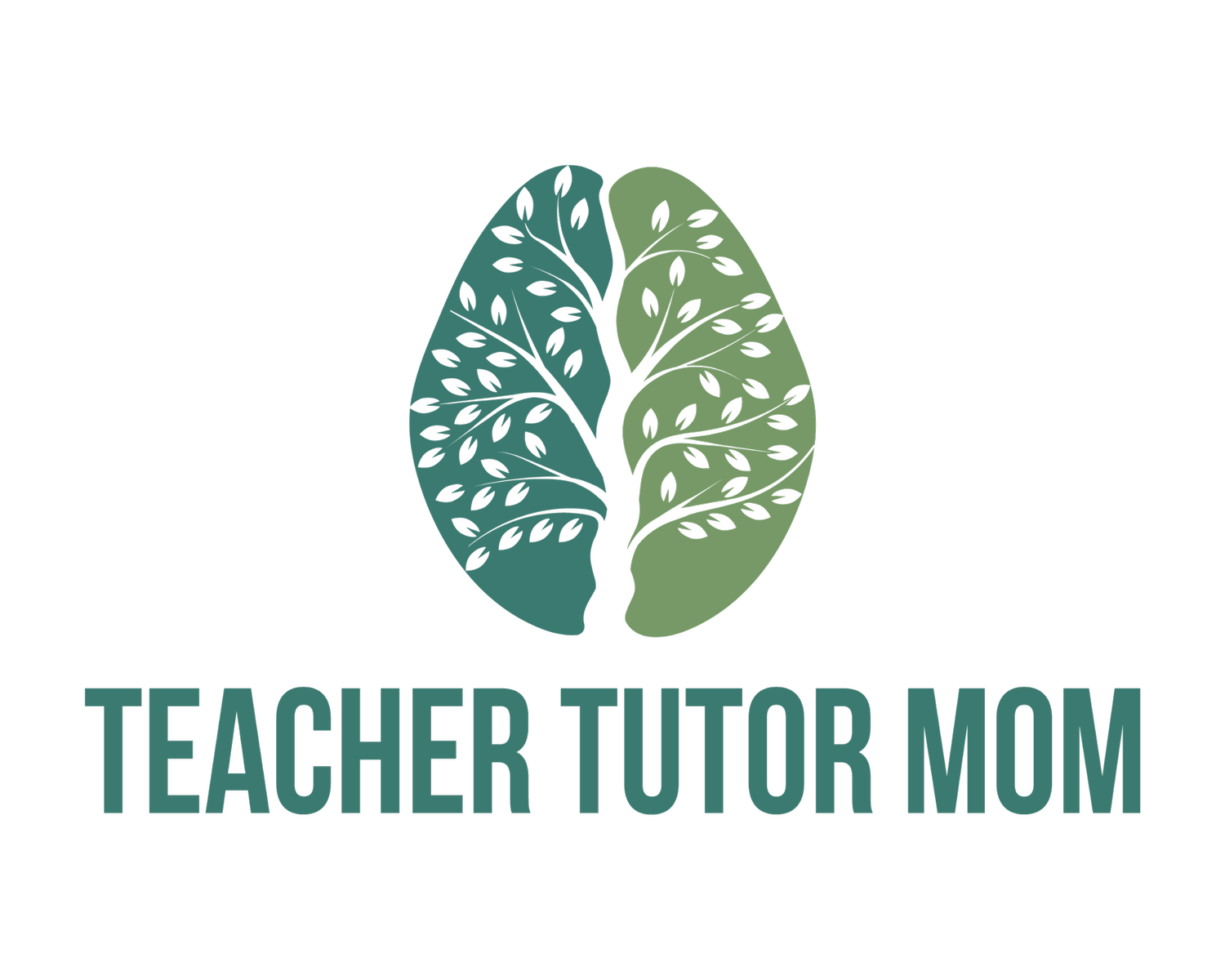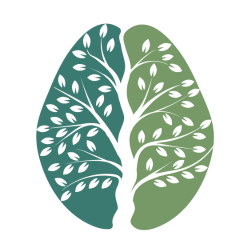Math with Confidence Curriculum Review
Choosing a new curriculum can be daunting. Especially when you have multiple subjects to consider and even multiple grades. When I first began preparing to homeschool my oldest child, I spent months scoring the internet for reviews of various curriculum trying to decide what would work best for us.
I hope this review will help you on your journey to choosing the best math curriculum for your child. Here are my thoughts about Math with Confidence…
Heads up: This post contains affiliate links. That just means, if you use one of my links to a product, I may earn a commission on that purchase, but it won’t cost you any extra money. If you choose to use my links, THANK YOU a million!! Learn more. As always, I strive to provide helpful and HONEST reviews!
Why I Chose Math with Confidence
Our homeschool journey started 4-5 years ago as I began preparing for my oldest child to enter kindergarten. We had just made the decision to homeschool while Covid was in full-swing. Cue the online research…
For our first year math curriculum I landed on Singpore Math’s “Dimensions” curriculum. It was (and is) a fantastic program. I love the way they focus on presenting information in a concrete way followed by the pictorial and then the abstract. I had been impressed with the incredible mathematical abilities of the students who came out of Singapore’s (the country’s) program and wanted to emulate their math strategies with my kids. I also wanted to use an advanced math program to try to help push my child forward quickly in his math skills.
Funny thing, Kate Snow (author of Math with Confidence) was a big part of my decision to use Dimensions Math in the first place. Her MWC curriculum was brand new, and she had several articles on her website with reviews of the Singapore math method. Interestingly, to my understanding, she brings many of the Singapore-style methods into her own curriculum.
We used Dimensions Math levels K and 1 with my first kid. It worked beautifully for kindergarten, but as we got into first grade I felt like it moved too quickly through the math facts and on to other topics without giving sufficient time and practice to let the facts sink in. So mid-first-grade I paused the program and spent a number of weeks working through Kate Snow’s “Addition Facts That Stick” book. Then, we returned to the curriculum to finish out the year.
My main frustration with Dimensions as a teacher was that I had to change everything to work with one kid rather than a whole class. I know they have a homeschool edition of that program, but for some reason (that I can't now recall - but I had a good reason. LOL) I preferred to use the regular classroom teacher's guide instead.
As I began to plan for the following year, in which I would have a new kindergartener as well as a second grader, I decided to explore some other options. I wanted to find a curriculum that was even easier to “open and go” especially with an additional student. I also wanted to try a program with a somewhat gentler approach, while still being robust and thorough.
After doing more research, I decided to try Math with Confidence (MWC) for kindergarten and second grade last year - and it was a huge hit. The shorter, game-based lessons went over well with both of my boys, and I really appreciated the instructor guide set-up (more on that below).
Math with Confidence Overview
Math with Confidence is considered a "middle-of-the-road" program (rather than being “advanced” like Dimensions), and it's written with the homeschooler in mind. The games are all intended to be played one-on-one.
However, it is not in any way “dumbed-down” or incomplete. The curriculum covers the topics needed for each grade in a way that makes it fun and engaging. And it helps develop a deep number sense in students so that their foundation in math is laid for the higher levels.
I appreciate how Snow follows the Singapore method in many ways, by having the students practice the concepts in a “concrete” way and then moving on to representing them in the “abstract.”
She also focuses on using the 10-frame (like the Singapore method does) to help students visualize the math facts and teaches helpful strategies for memorizing the facts and thinking through the problems.
In the Author’s Words
On her blog Kate Snow explains the gist of MWC’s appeal:
“- Scripted, open-and-go instructor guide
- Playful, short, and hands-on lessons
- Colorful workbook pages that reinforce learning
- Picture books and real-life enrichment activity suggestions that make math come alive ”
Lesson Structure
You will need an instructor guide and the student book. Don’t try to do this curriculum without the instructor guide as the student book does not contain enough information to actually teach it.
Good news - you don’t have to purchase the instructor guide again for younger kids! You can just buy a new copy of the student book(s). Since I haven’t mentioned it before, MWC is a very economical curriculum. I’m so thankful not to have to shell out a ton of money for it!! The teacher’s guide is reusable and then I just need to purchase a new student book for each of my younger children.
Each lesson begins with a brief warm-up to review previously taught concepts. These warm-ups usually only take a few minutes unless it includes a game (like “Go-Fish to 10”). Occasionally I will skip the game or even the warm-up if we are short on time (or patience). During the warm-up, there is often “memory work” review. The complete list of memory work is included at the extra pages at the end of the instructor guide.
Next, the new lesson activities are introduced. In the earlier levels, the instructor guide will have all of the material for this - or specifically point you to the student book for a particular activity (like a game). Starting in 3rd grade, the student book includes one page that aligns with the new activities and is intended to be used daily along with the instructor guide. These new activities are very hands-on and build on what was previously learned. Lessons rely heavily on the BLMs and the manipulatives that are recommended for use.
Finally, each lesson concludes with practice page(s) in the student book. The number and independence depends on the grade.
Following is a break-down of each grade’s setup…
Free Binder Cover
I created a cover to go on my binder (click here to read how I prep the curriculum). I’d love to send you a free copy - just fill in the form below!
Details Grade by Grade:
I am in the process of writing individual articles for each grade level. As I finish them, I will link the articles here.
Kindergarten Math with Confidence Review
First Grade Math with Confidence Review
Second Grade Math with Confidence Review
Third Grade Math with Confidence Review
Fourth Grade Math with Confidence Review (coming soon)
I will be teaching Fourth Grade MWC this coming year, but from looking at the video flip-through the Fourth Grade structure looks like it is set up just like third grade. This includes the 3 student activity pages as well as the unit assessments.
What I Would Change
Of course no curriculum is perfect, so I have a few things that I would love to change. However, in the scheme of things I don’t think these are a very big deal.
1 - Color - I wish the instructor guide was in color. This may seem silly, but I really like books that are attractive to look at and would appreciate it aligning with the student workbook in that sense.
2 - Quality - The paper in the instructor guide is thin, so images will sometimes show through from the other side of the page. And occasionally I find pages where the ink appears smudged (for lack of a better description). It doesn’t bother me enough to affect my view of the program.
3 - Binding - I typically spiral bind most of my teacher’s manuals because this enables me to fold them back on themselves and not take up as much room at the table. I wish this book were already spiral bound.
However, I realize that if they printed in color, spiral-bound the book, and used thicker paper they would also have to raise the price of the curriculum. So, I do appreciate the cost-saving aspects of cutting these corners.
Final Thoughts
We are loving Math with Confidence. Now in my second year with my first and third grader, both my kids and I are enjoying it. They love the games and the brevity of it. I love the open-and-go aspect as well as the deep understanding that Snow’s methods develop.
Where Can I Buy It?
You can get Math with Confidence from lots of places. And there are probably more places than I even know about! Here are a few…
Amazon - I actually never have bought it from here because the prices are often better elsewhere.
Christianbook.com - I’ve bought from here before as well as Rainbow Resource (below). I like to price-check for the best deal.
Rainbow Resources - They often have a good deal on it and if you buy at least $50 you usually get free shipping.
Used Options - I haven’t purchased this curriculum used, but the Instructor Guide could be reused, and of course people occasionally buy a curriculum they don’t ever use. So, you could always check some Used Book Sources (see this article for recommendations).
Further Reading
From TeacherTutorMom.com:
How to Prep Math with Confidence So It’s “Really” Open-and-Go
This article is my step-by-step method for prepping the curriculum at the beginning of the year.
Homeschool 101: How to Plan Your Homeschool Year
Planning your homeschool year? Check out this article for my best advice!
Other Resources:
Math with Confidence Resource Area
This includes the flip-through videos by the author as well as downloadable samples, and even alternate workbook pages for color-blind students.
Math That Makes Sense: Free Elementary Math Video Teaching Library
Kate Snow has provided FREE lectures for parents to teach them how to teach math.
Kate’s Homeschool Math Help Articles and Reviews
Kate’s website is a wealth of knowledge. Check it out for helpful reviews and articles as you make informed math curriculum decisions.




